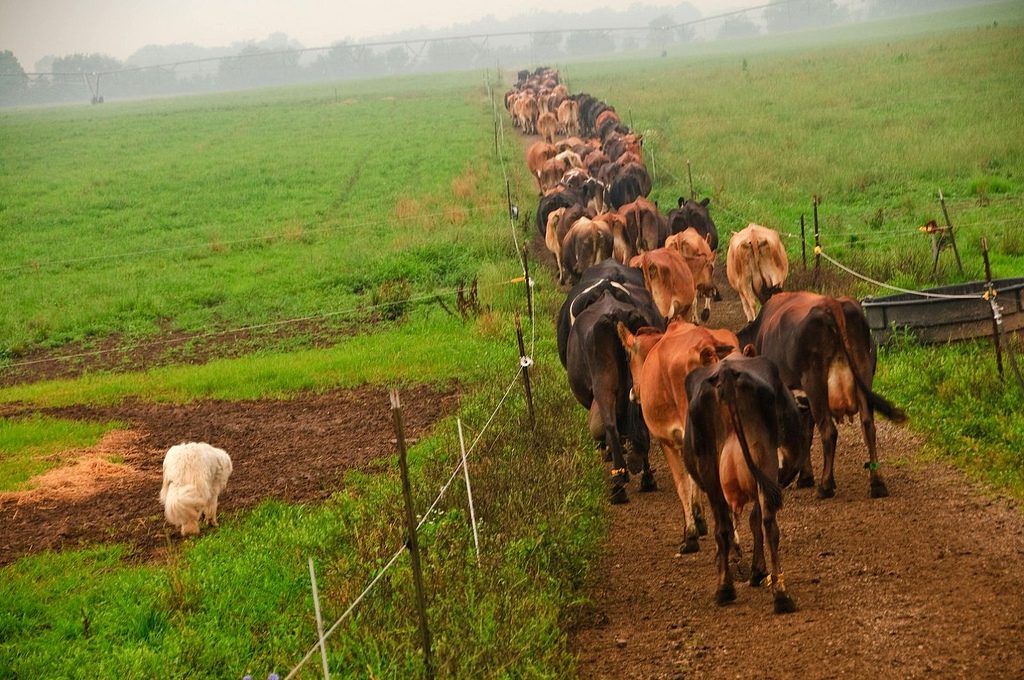Belgium produces only 5.8% of its food by organic means, below the EU average of 6.7%, according to figures produced by Biowallonie, the organisation that groups together organic producers in the Walloon region. At the same time, the spending on organic food has doubled over the last ten years.
Between the year 2000 and 2017, the number of organic farms went up almost fourfold from 435 to 1,625, with the sector now representing 12.8% of all producers.
However Belgium is lagging behind the European average, and far behind the leader Austria, where 21.3% of all agricultural production is organic. Germany sits just above the average at 76.8%, while France is further behind than even Belgium, on 5.3%.
However families in Belgium now spend on average twice as much on organic products – including non-food articles such as washing products – than they did a decade ago; spending is now an average of €40 a year for every man, woman and child in the country. The vast majority of the money spent, Biowallonie reports, is spent by middle-class families and retired people, a demographic that represents only 39% of the population.
The organisation draws a difference between Wallonia and Flanders, where the growth of organic production has been much slower. One major difference, according to Dominique Jacques, president of the organic farming sector association, is that pastures in Flanders are smaller, which prevents many livestock farmers from meeting the organic requirement of one hectare of land for every two animals – a requirement for obtaining subsidies aimed at encouraging organic farming.
Alan Hope
The Brussels Times

